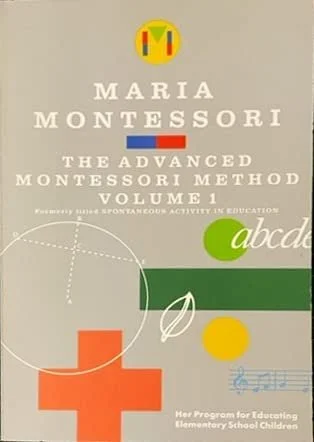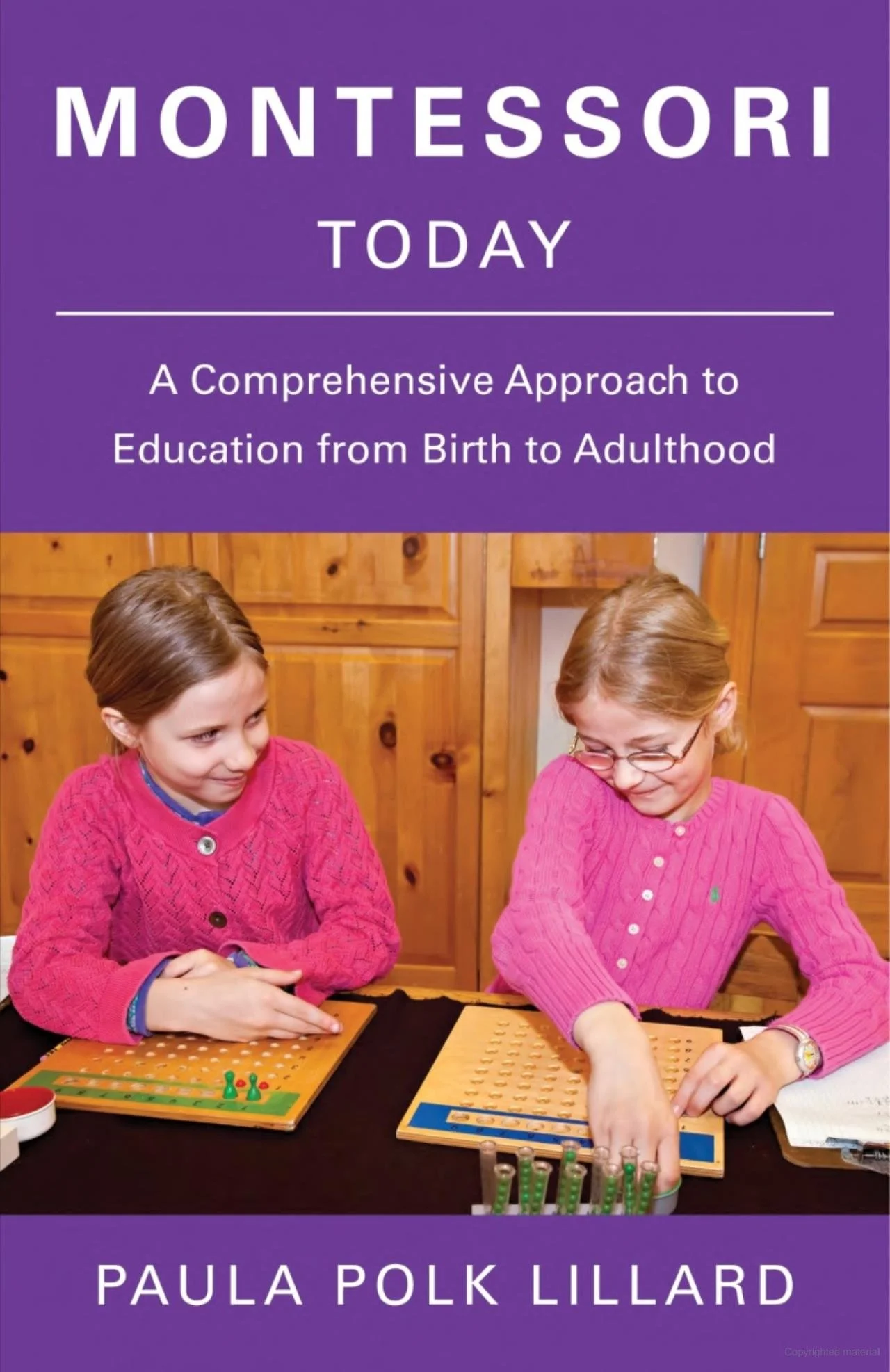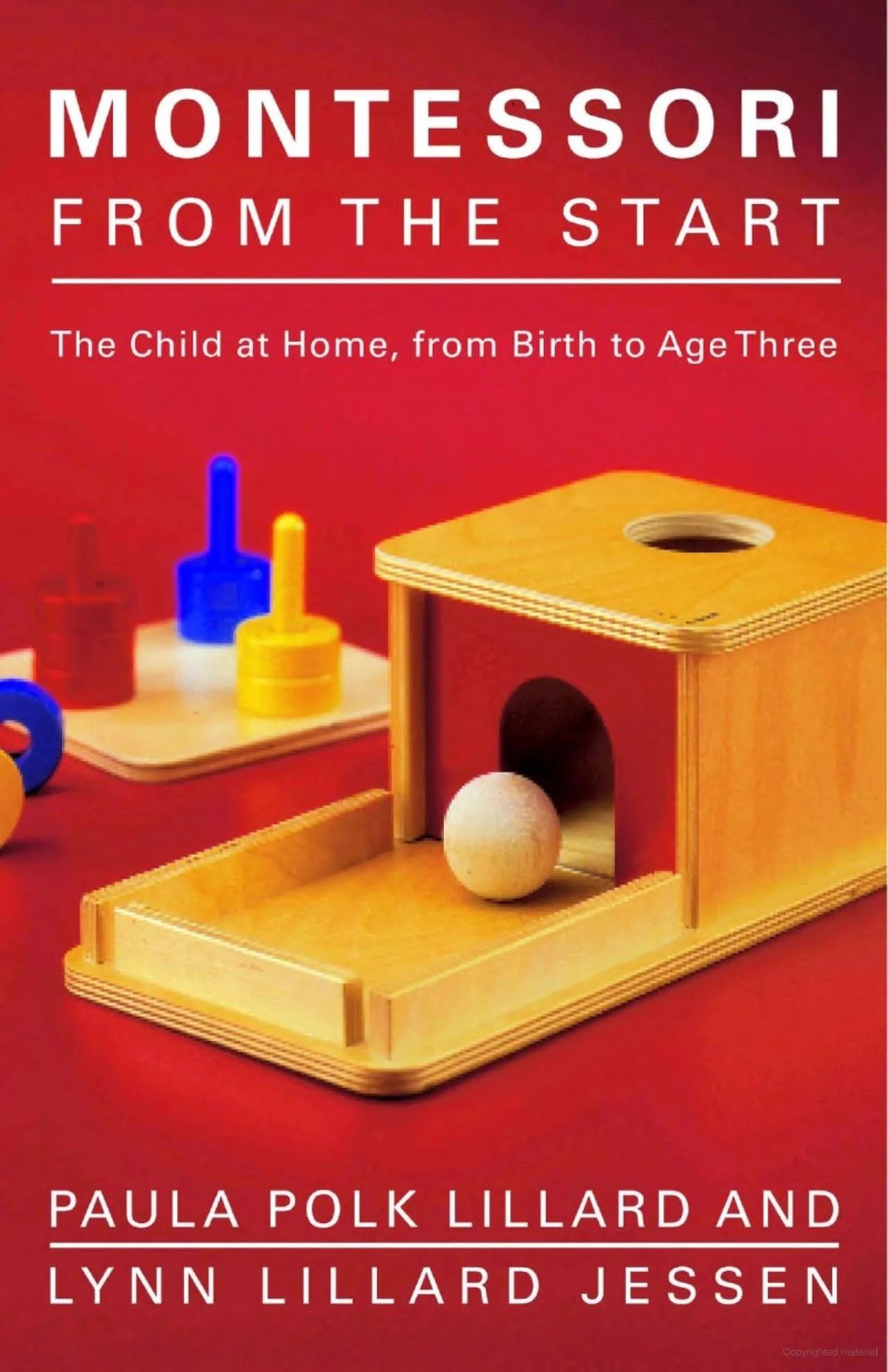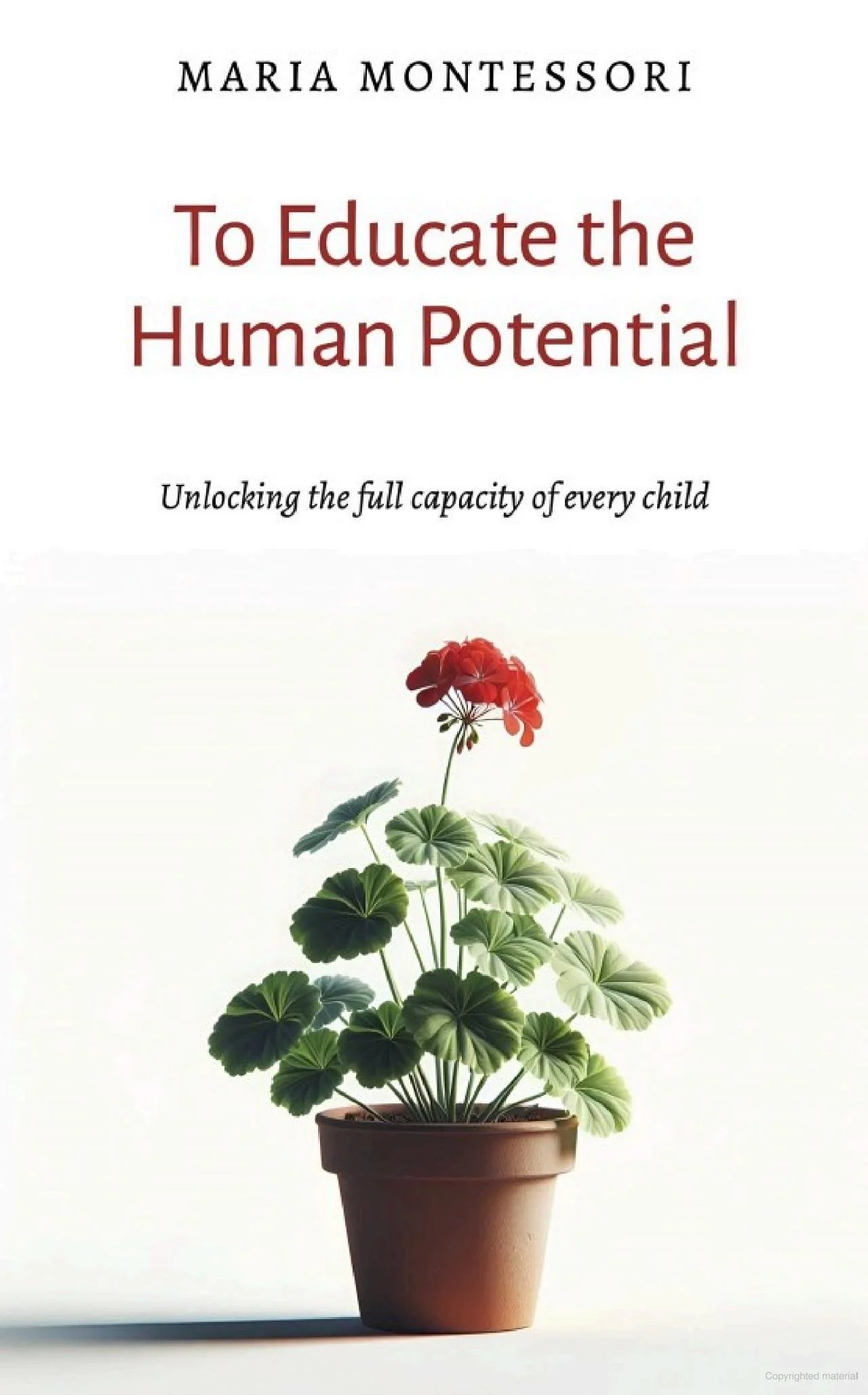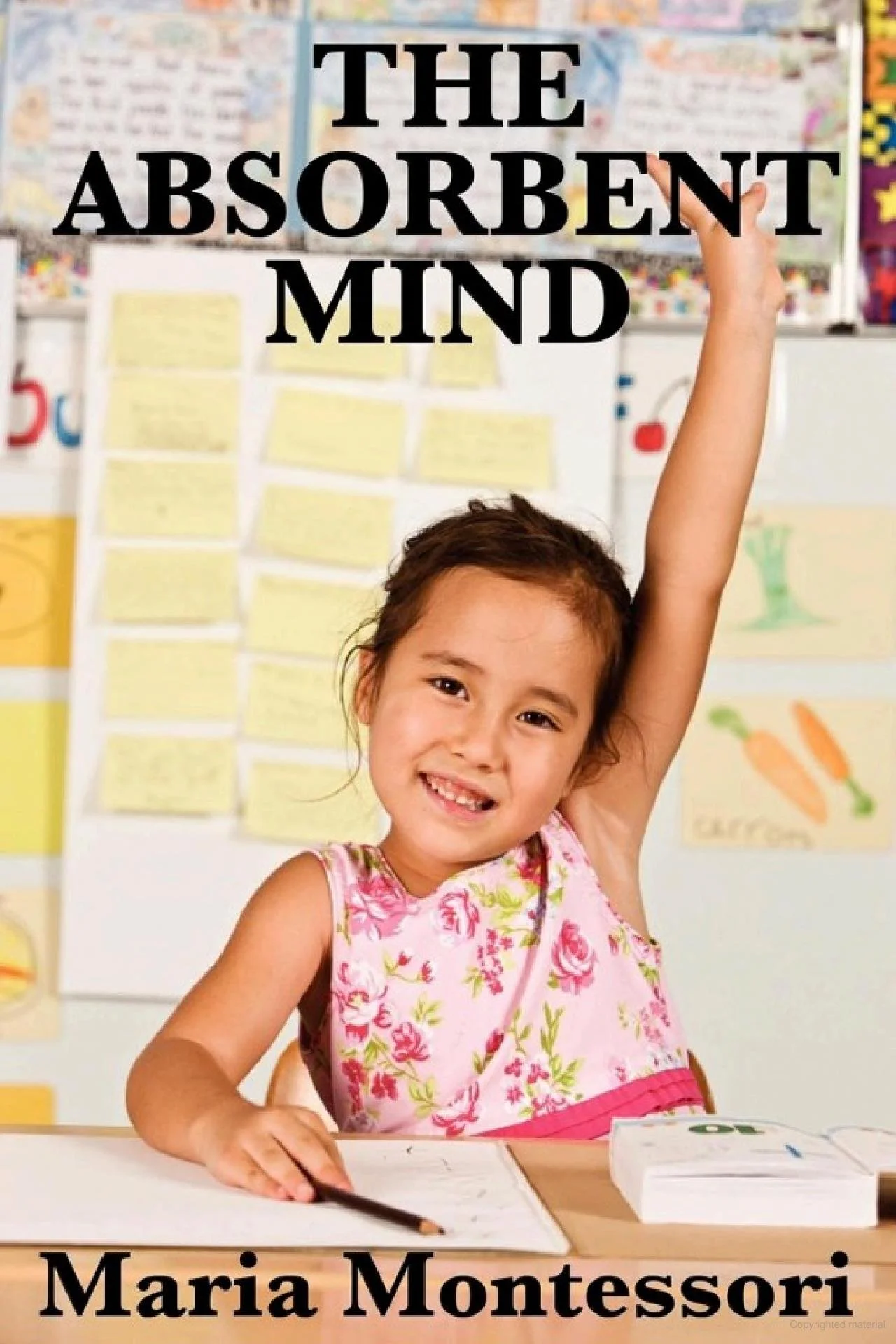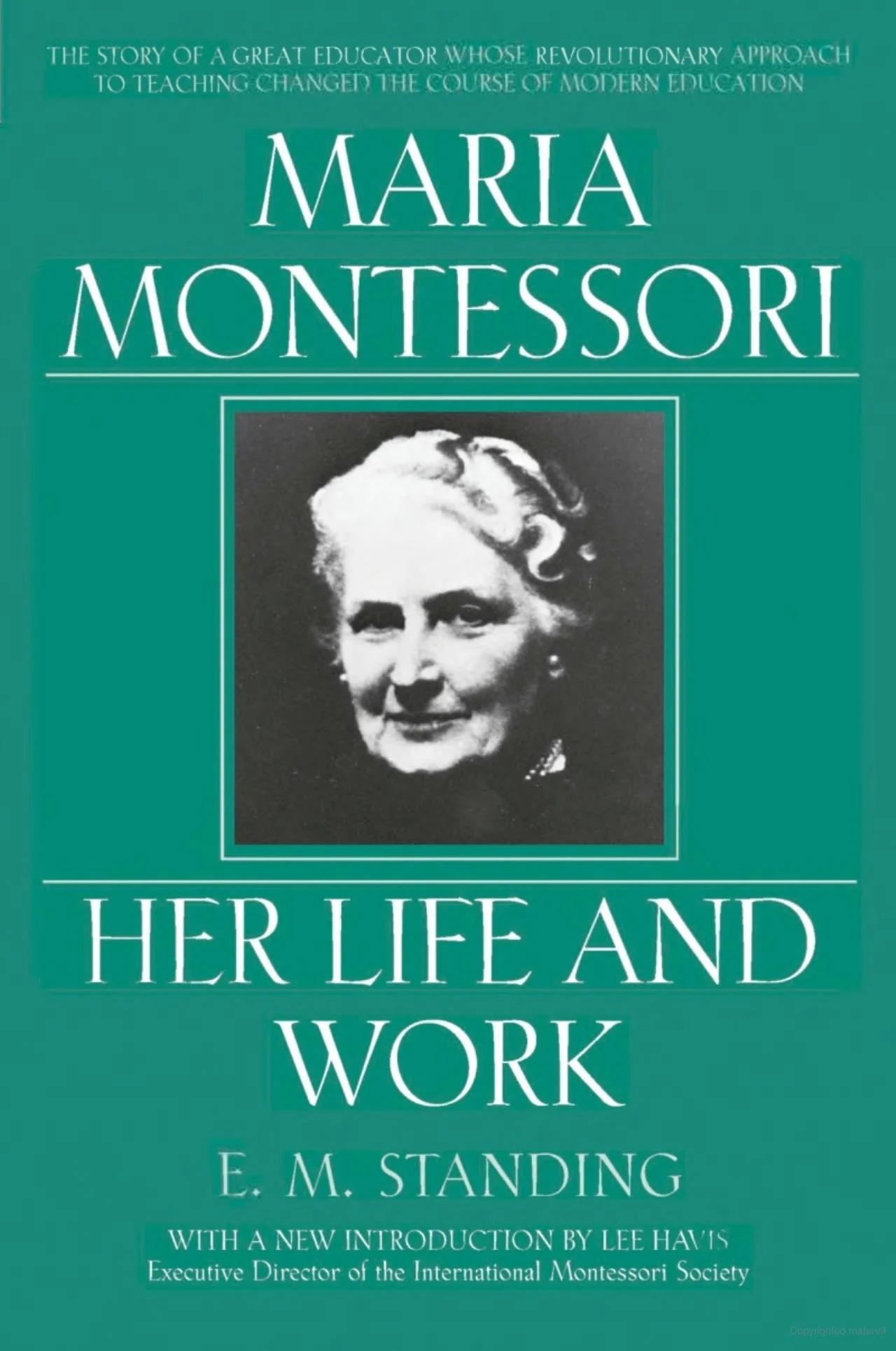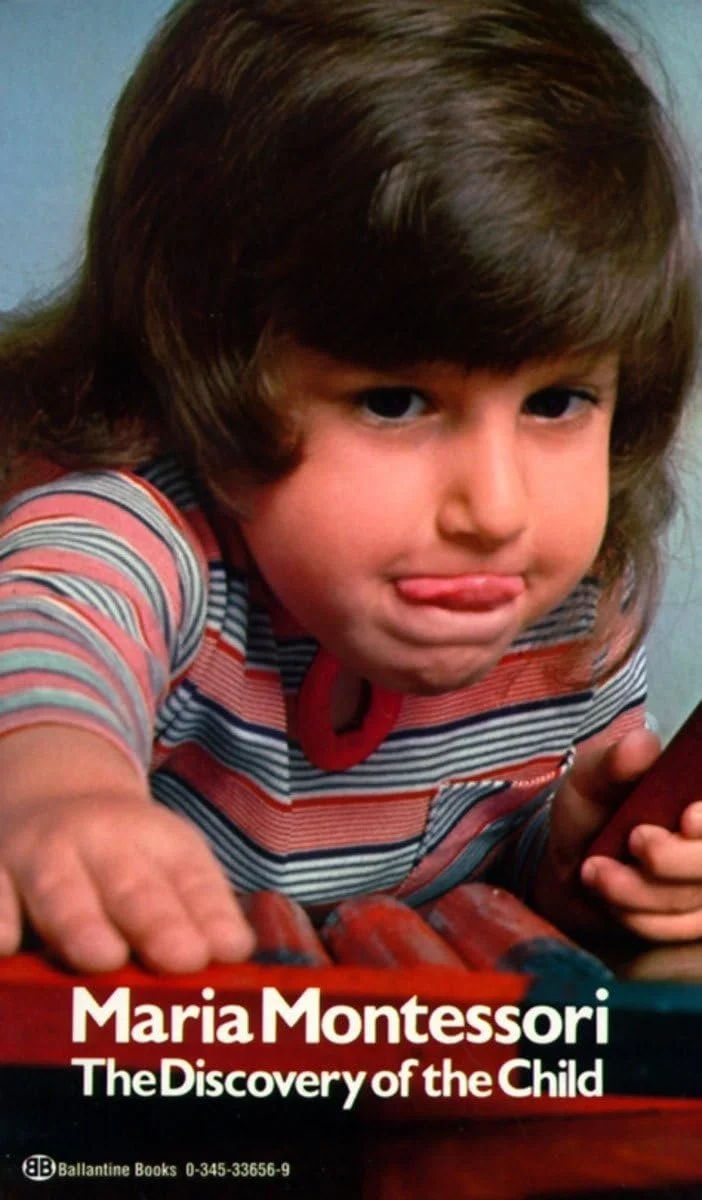Montessori Pedagogy
What does a public Montessori school look like?
Today the Montessori method is an internationally recognized mode of education. Teachers’ certification, classroom operation, and appropriate curriculum are well established. The successful academic outcome of a complete elementary program is well documented around the world. The National Center for Montessori in the Public Sector created a series of short videos that illustrate key elements of Montessori. Each video featured here takes you inside a Montessori classroom. These videos were filmed and edited by Rob Silcox on location at Annie Fisher Montessori Magnet School in Hartford, CT.
The Montessori Method was developed over 100 years ago by Dr. Maria Montessori, physician, anthropologist and pedagogue, following years of detailed observations of how children of all racial, cultural and socio-economic backgrounds approach learning.
Her methods are based in the belief that children are natural learners and that in the right environment, educational materials will spontaneously arouse interest and, therefore, learning.
Self-Directed Learning
As such, Montessori classrooms provide a prepared environment to maximize independent learning and exploration. Children's innate passion for learning is encouraged by giving them opportunities to engage in spontaneous, purposeful activities with the guidance of a trained adult.
The Prepared Environment
Montessori materials present concepts in concrete forms allowing children to master a set progression of skills and learning objectives. When studying geometry, for instance, children can hold the shapes in their hands; when learning geography, they work with puzzle maps; in learning math concepts, they work with blocks scaled to represent numbers in a tangible form.
Hands-on Materials
Through their work, the children develop concentration and joyful self-discipline. Within a framework of order, the children progress at their own pace and rhythm, according to their individual capabilities.
Self-discipline
Freedom of Movement
Montessori students are free to move from one set of materials to another as they wish.
Each day's schedule includes three hours of uninterrupted time for students to engage in individual and small group work of their choice, with guidance from the teachers. Students receive lessons in the use of materials individually or in small groups.
Uninterrupted Work Periods
The children maintain the classroom and materials, and participate in developing class rules, which develops a sense of individual responsibility and self-esteem.
Practical Life Integration
Montessori classes are made up of children in a three-year age range. Lower-elementary classes have first, second, and third graders; Upper-elementary classes have fourth, fifth, and sixth graders.
Mixed-age Groupings

Visiting a public Montessori Elementary classroom is the best way for a parent to see if Montessori is the right fit for their child.
1. Collaboration
2. Hands-on Learning
3. Teaching as Guidance
4. Community
5. Independence
6. Concentration
Want to Learn More?
These titles are available in our community lending library. Schedule a time to come by if you’d like to borrow anything.
INTRODUCTORY READING
The Advanced Montessori Method Vol. 2: The Montessori Elementary Material Montessori, Maria. (1917)
Montessori Today
Lillard, Paula P. (1996)
Describes Montessori theory and contemporary American Montessori schools serving ages ranging from birth to adulthood.
Montessori from the Start
Lillard, Paula P.; Jessen, Lynn L. (2003)
What parents can do to help their youngest children in the process of self-formation.
To Educate the Human Potential
Montessori, Maria. (1948)
Describes the needs of the elementary-aged child in the process of acquiring culture.
The Absorbent Mind
Montessori, Maria. (1949)
Discusses the development of infants and young children from birth to three years. Gives a clear explanation of the basis of Montessori theory and method.
The Child in the Family
Montessori, Maria. (1956)
A series of short essays about the child, the family, and the school, with a philosophical emphasis.
From Childhood to Adolescence
Montessori, Maria. (1973)
Discusses the development and education of the child from age seven through adolescence. Includes Dr. Montessori's thoughts on university education.
Maria Montessori: Her Life and Work
Standing, E. M. (1957)
Covers Maria Montessori's life, how she developed Montessori education, its theoretical basis, and the worldwide growth of the Montessori movement.
ADVANCED READING
The Secret of Childhood
Montessori, Maria. (1936)
An introduction, both practical and theoretical, including observations and insights into the nature of young children.
Education and Peace
Montessori, Maria. (1943)
Essays including lectures from the 6th International Montessori Congress in Copenhagen in 1937.
Education for a New World
Montessori, Maria. (1946)
A discussion of the role of education in a changing world.
The Discovery of the Child
Montessori, Maria. (1948)
Early writings of Dr. Montessori highlighting the materials and the work of the child in the primary class (ages 3-6).
The Formation of Man
Montessori, Maria. (1955)
Dr. Montessori's approach to world literacy.
The Human Tendencies and
Montessori Education
Montessori, Mario. (1966)
A classic essay on the imagination, the natural characteristics of the child, and the integration of human development and history.
Education for Human Development:
Understanding Montessori
Montessori Jr., Mario M. (1977)
The ideas of Montessori from a philosophical, psychological, and educational point of view.
Maria Montessori: A Biography
Kramer, Rita. (1976)
The Advanced Montessori Method Vol. 1: Spontaneous Activity in Education Montessori, Maria. (1917)
A collection of essays including both theory and practice at the elementary level.
Questions?
Give us a call. Let’s schedule a time to meet.
Kelly Griffith-Mannion is not only the Executive Director and Superintendent of River Montessori. Kelly is also a lifelong Montessorian, an expert in child development, and a fantastic parenting coach. She is a mother, a daughter, a sister, a wife, a friend, and an all-around good hang. She leads most school tours, and all of the Family Information Nights. Sign up here.

